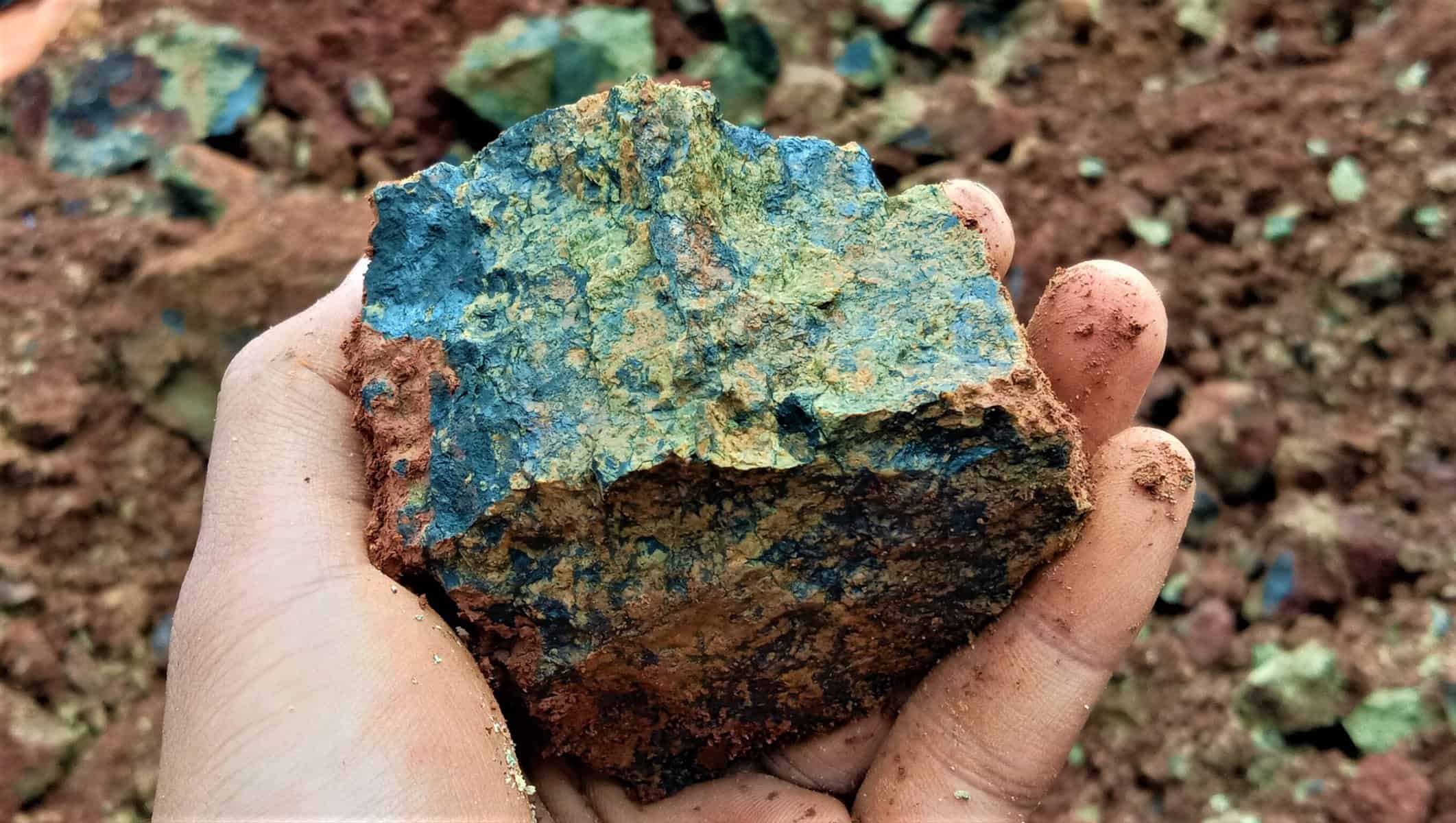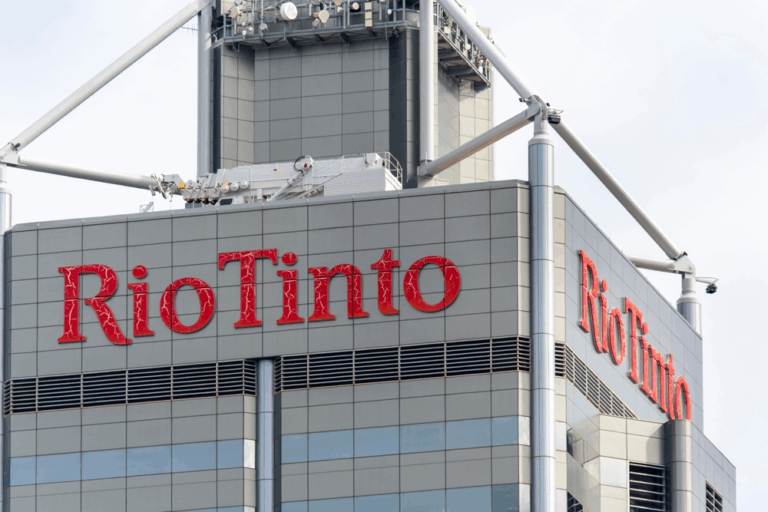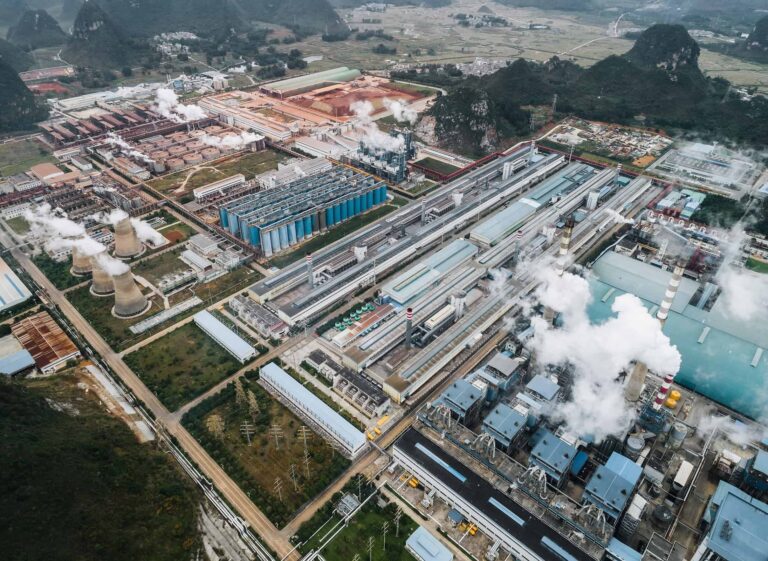
Green iron grade concentrates have been produced using saline water on ores from Magnetite Mines’ (ASX: MGT) Razorback iron ore project in South Australia.
Using a trial-and-error approach, a laboratory testwork program identified a method using saline water produced premium-grade concentrates suitable for green iron production.
Concentrate grades of up to 69.9% iron and less than 2% silica and alumina were achieved, similar to results using fresh water.
The testwork program used a bulk sample from the Iron Peak deposit, representing a limited portion of the planned mining inventory. Additional testwork is required to confirm the efficacy of saline water across all the deposits, which may exhibit different processing characteristics.
Magnetite Mines chief executive Tim Dobson commented on the milestone.
“The team at Magnetite Mines has made exciting progress in its metallurgical evaluation of saline water processing, consistently achieving DR-grade in our most recent testwork,” he said.
“This pioneering technical innovation creates optionality for MGT in providing the best water solution for the Razorback project and is a powerful differentiator.
“With a technical solution now defined, we will move to evaluate other considerations for saline water processing including permitting and supply options.”
Using saline water in iron ore processing has been historically challenging due to its impact on the flotation processing stage which is sensitive to water chemistry.
Replacing fresh water with saline water interferes with the reagents used in flotation, significantly reducing performance and typically resulting in the production of lower grade concentrates.
As the flotation stage is the only process flowsheet stage that is sensitive to water quality, it dictates the water quality requirements for the entire process flowsheet.
Previously, Razorback’s configuration has always included the supply for fresh water use in all processing stages to accommodate the fresh water needs of the final flotation stage.
This resulted in the need to provide around 10GLpa of fresh water for the 1.5mtpa project configuration.
The findings also offer the potential for a simplified water supply solution for Razorback by eliminating the need for a large desalination plant, significantly reducing capital and operating costs.
Magnetite Mines is continuing to explore the potential benefits, cost implications, environmental risks and other considerations for substituting freshwater processing with saline water processing.






